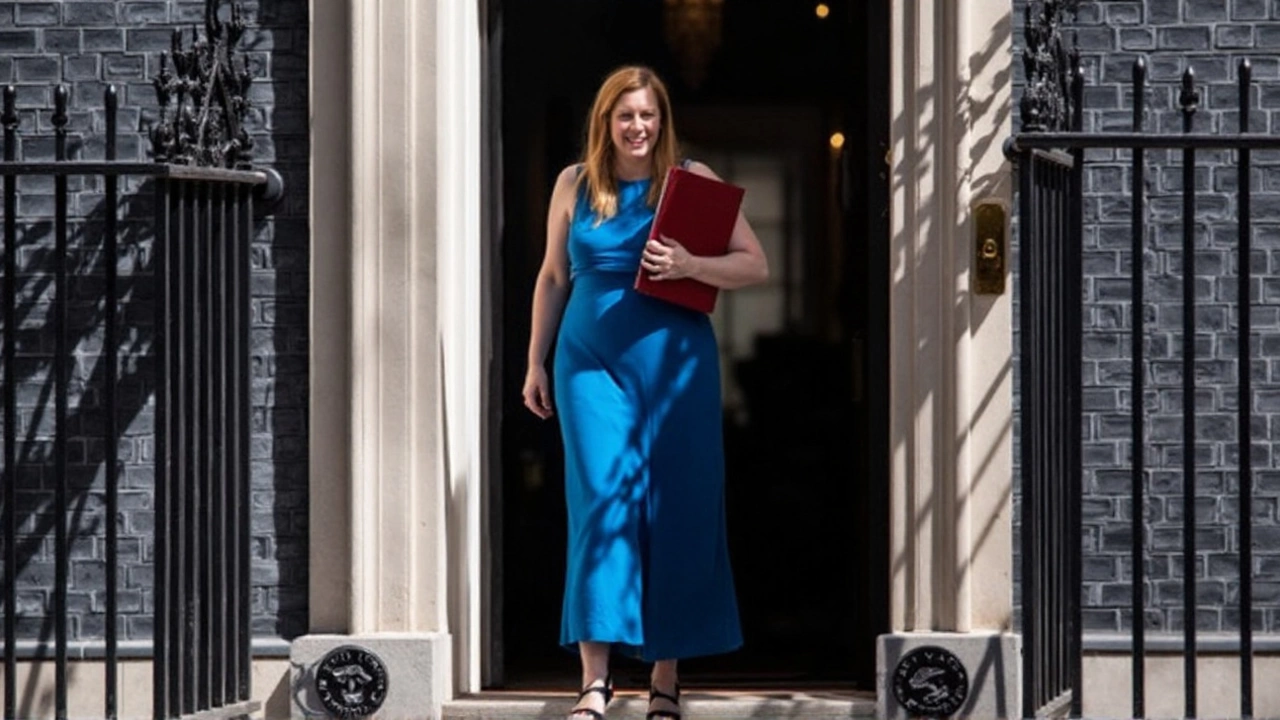Labour Government – Quick Guide for Everyone
If you’ve heard the term “Labour government” and wonder what it actually means, you’re in the right place. It’s simply the period when the Labour Party runs the UK’s executive branch, shaping laws, budgets, and everyday life. Below we break down the big ideas, past wins, and what’s on the agenda right now.
The Labour Party started in the early 1900s as a voice for workers. Its first big breakthrough came after World War II when Clement Attlee formed a government that built the National Health Service and expanded social welfare. Those moves set the tone: Labour often pushes for a fairer society through public services and workers’ rights.
Key Achievements of Past Labour Governments
During the 1960s, Harold Wilson’s team introduced free school meals, expanded higher education, and championed modernising industry. The 1997 landslide under Tony Blair brought a minimum wage, more investment in schools, and a focus on public‑sector reform. Each era added tools that still affect us – from the NHS you use to the pension options available today.
But Labour’s track record isn’t flawless. Critics point to economic challenges in the early 1980s and tougher decisions on public spending in the 2000s. Still, the party’s core message stays the same: use government to level the playing field and protect the most vulnerable.
What the Current Labour Government Is Focusing On
Today’s Labour leadership is tackling cost‑of‑living pressures, climate change, and reshaping the tax system. Expect policies that aim to lower energy bills, invest in green jobs, and raise taxes on the highest earners to fund public services. The government also wants to improve mental‑health care and widen access to affordable housing.
On the foreign front, the current Labour team stresses diplomatic solutions, stronger ties with EU partners, and a firm stance on human rights. Trade deals are being reviewed to make sure they don’t hurt UK workers or the environment.
For ordinary folks, a Labour government often means more funding for schools, better healthcare access, and stronger worker protections like paid sick leave. It also usually brings a push for higher taxes on wealthy individuals and larger corporations to pay their fair share.
Keeping an eye on upcoming elections is useful because a shift in power can change policy direction quickly. When you know what Labour stands for, you can decide whether their plans match your own priorities – whether that’s lower tuition fees, greener cities, or a stronger social safety net.
So, whether you’re a voter, student, or just curious about UK politics, understanding the Labour government helps you see how decisions made in Westminster can affect your day‑to‑day life. Stay informed, ask questions, and remember that politics is ultimately about the community you live in.
Angela Rayner resigns as UK Deputy PM after stamp duty underpayment probe
Angela Rayner has resigned as UK Deputy Prime Minister after an inquiry found she fell short of ministerial standards over underpaid stamp duty on a Hove flat. She referred herself to the ethics adviser, who said she acted in good faith but should have sought clearer tax advice. Keir Starmer accepted her resignation with regret. The exit removes a key voice from Labour’s early months in power.
read more
